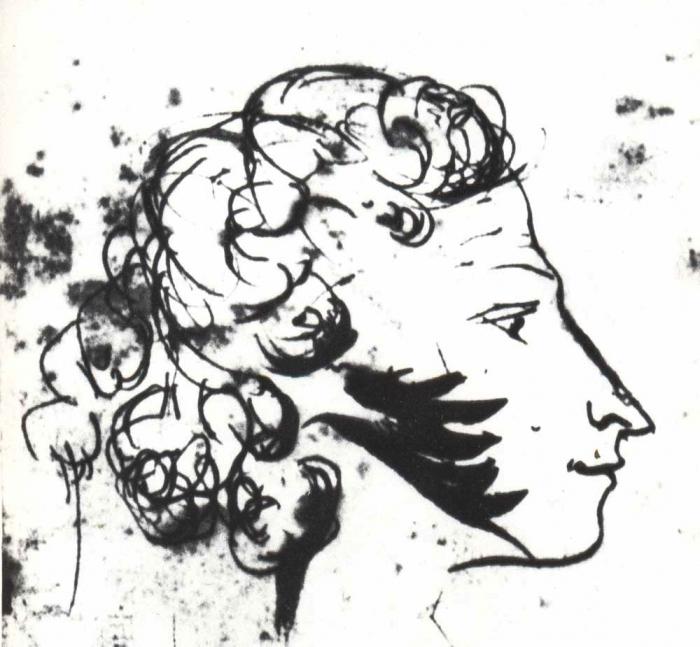
Sometimes it’s a mystery to me why a poem resurfaces in my mind after many years of silence. Not this time, though; now the connection to the outer reality is so transparent I hardly need to spell it out (it’s a bit like with dreams — sometimes you are completely mystified: what was that all about? Other times it’s perfectly clear what it is you are trying to tell yourself…)
Alexander Pushkin’s From Pindemonte was a major presence in my life when I was a girl, growing up in St. Petersburg, Russia — the only freedom to be found was one’s inner freedom, and, of course, there was this single really, genuinely inalienable human right: the right to take a stand, even if only by guarding your own inner truth. There was not the slightest hope of traveling beyond the borders of the Soviet Union — just like Pushkin had to abandon his dream of traveling abroad almost two centuries earlier (the tzar didn’t agree, you see).
The title of the poem implies it might be a translation — but, as far as I know, it is not (and — apart from everything else — it quotes “Hamlet”, so it’s also From Shakespeare). What follows is obviously not a real translation either — I am not a poet, especially not an English-language poet. So I’ll just call it From Pushkin. Here goes:
I wouldn’t pay too much for gaudy rights
that have been spinning many a noble head.
I don’t repine being denied by gods
the subtle sweetness of contesting taxes,
or hindering the kings from waging wars.
Nor do I care whether the boastful press
is free to fool dimwits, or thoughtful censors
rein in the chatterbox’s magazine plans.
All these, you see, are words, words, words…
I cherish other — higher — human rights.
I want another — higher — breed of freedom.
Ruled by the king, ruled by the people —
God bless them all, but does it even matter?
Report to no one except your self,
Bend neither thoughts, nor conscience, nor your neck
for power, or gain, or any thing.
Saunter around, as your whim would lead you,
amazed at the divinity of Nature,
and tremble with reverence, in joy and awe,
before majestic fruits of Inspiration —
— now that’s happiness, that’s rights…
In case you are wondering, this chatterbox with magazine plans he is talking about? That’s a self-portrait, of course. He did publish a magazine, and he had had his fair share of run-ins with censors by the time he wrote these lines…